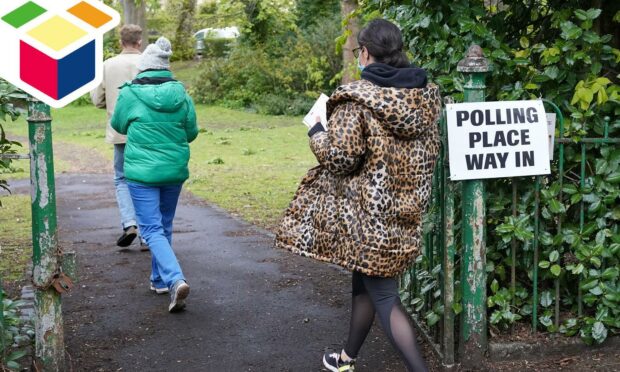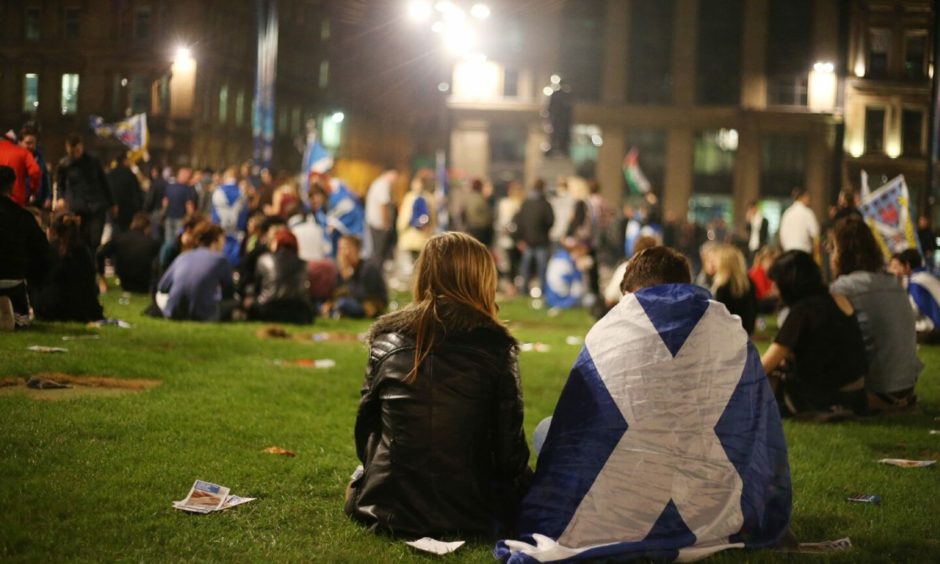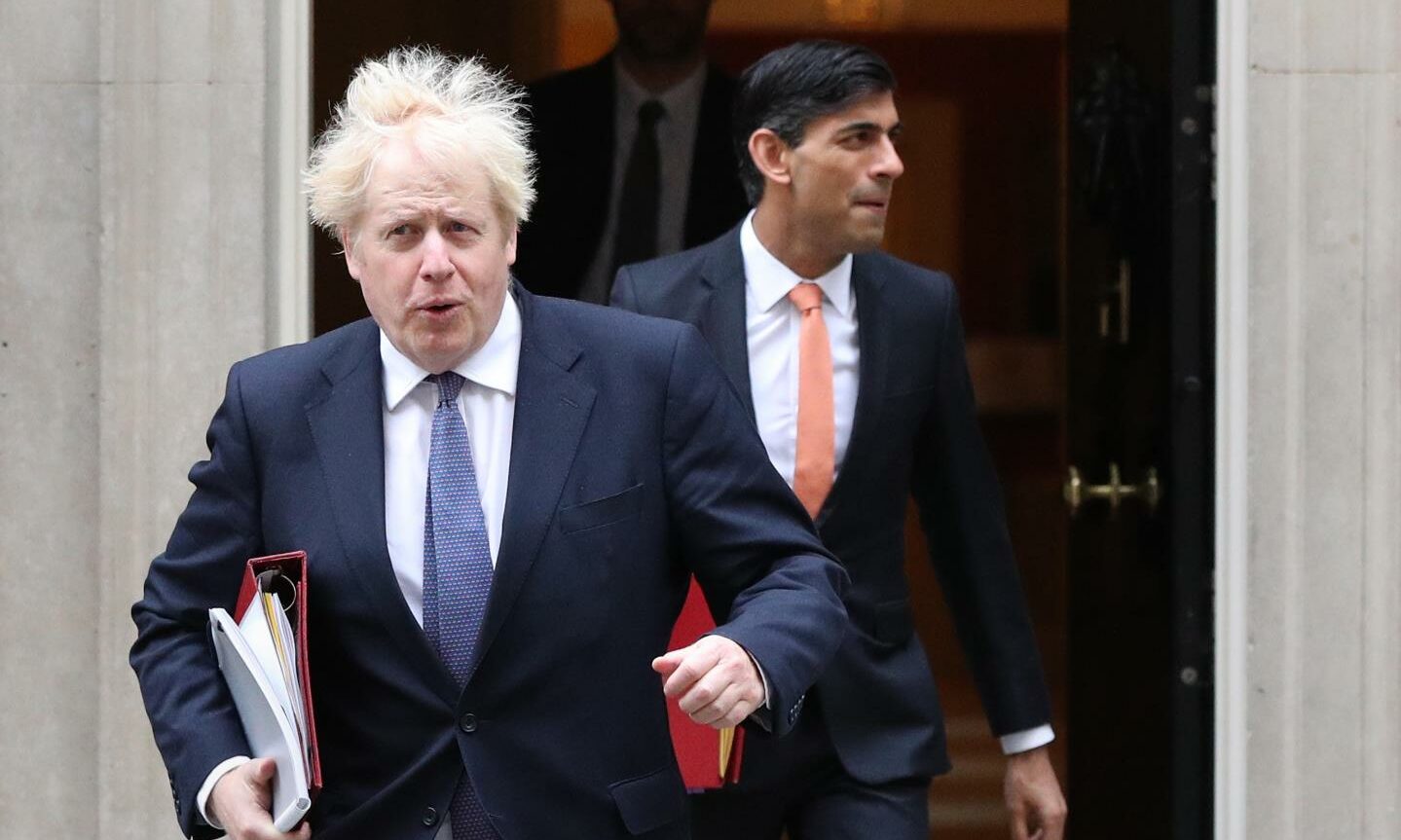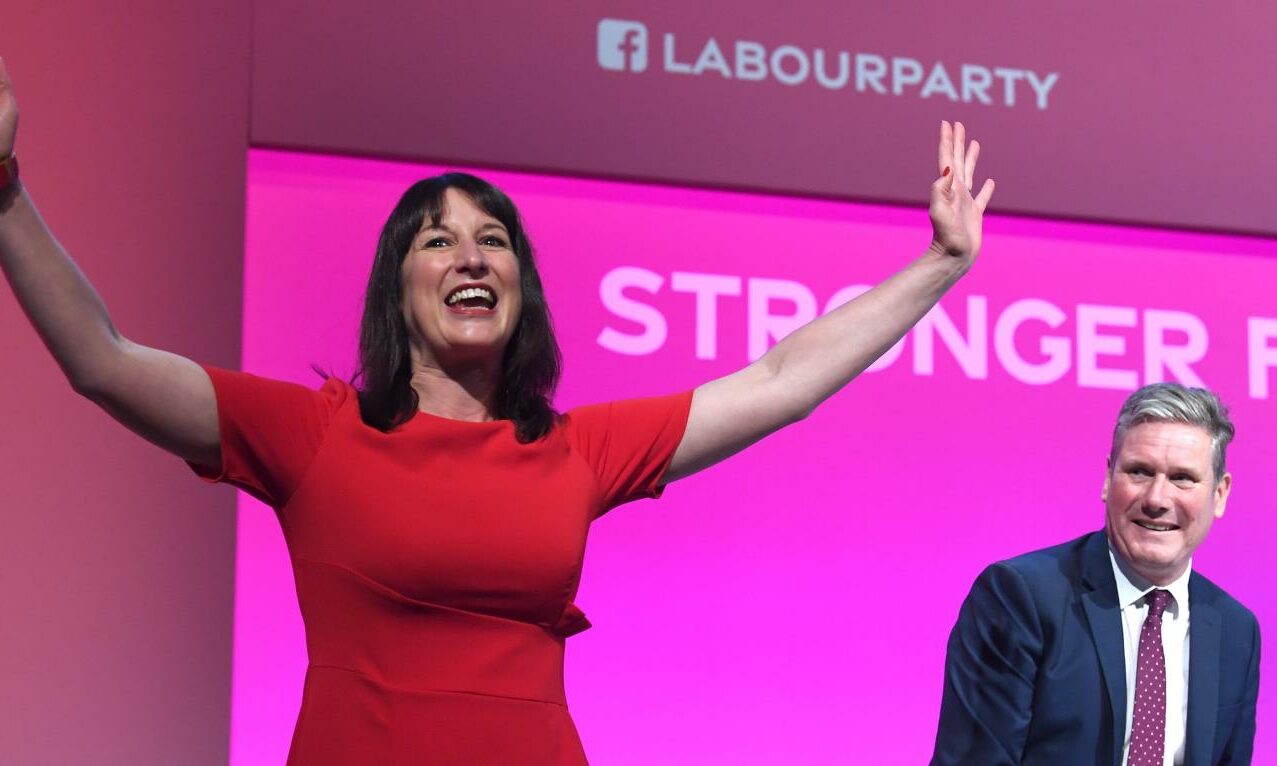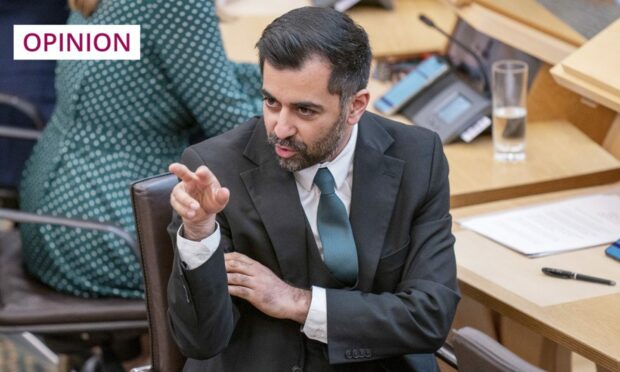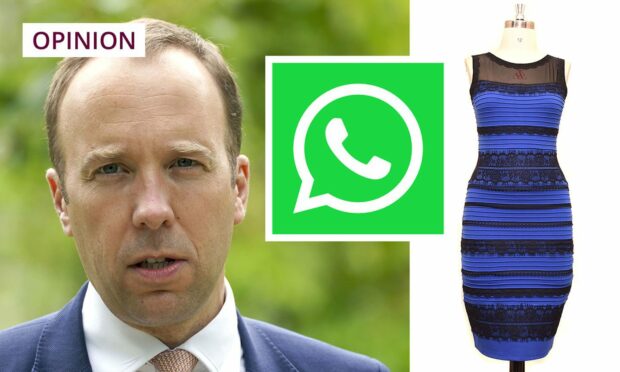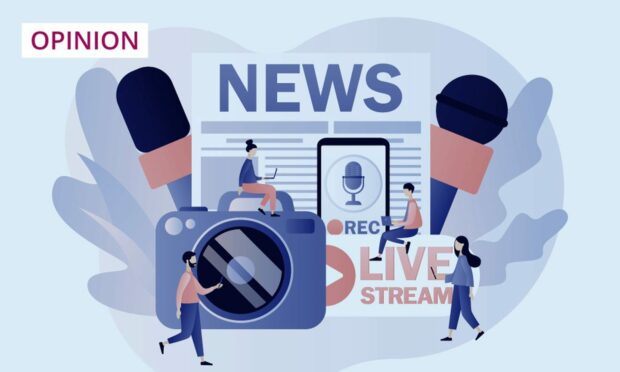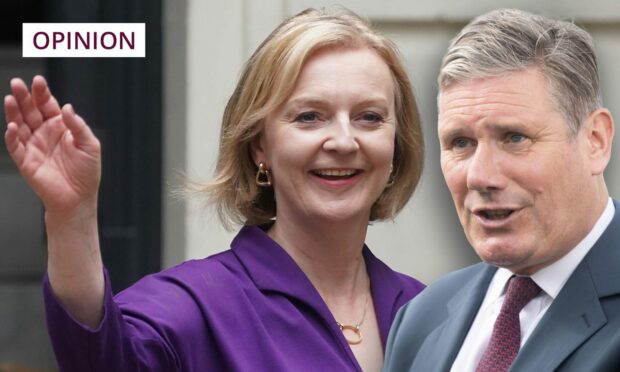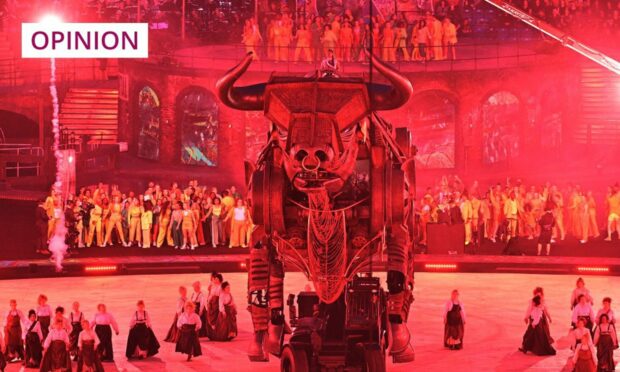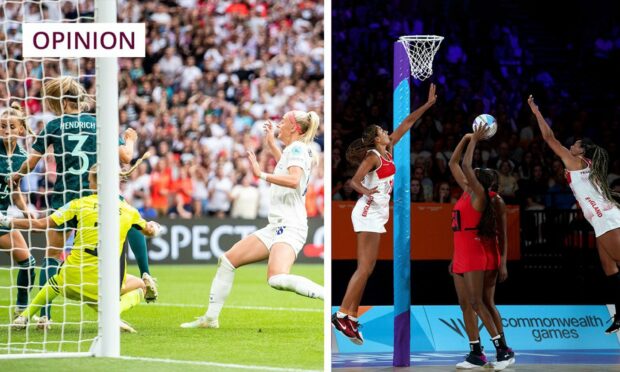Local elections are where many political commentators are found out.
Without expending an awful lot of shoe leather, it’s not really possible to explain why a nailed-on Tory ward backed an unexpected candidate. You can put it down to partygate, but it may be just as likely that the winner put in the hard yards defending the local maternity unit from closure, and that effort overrides the colour of their rosette.
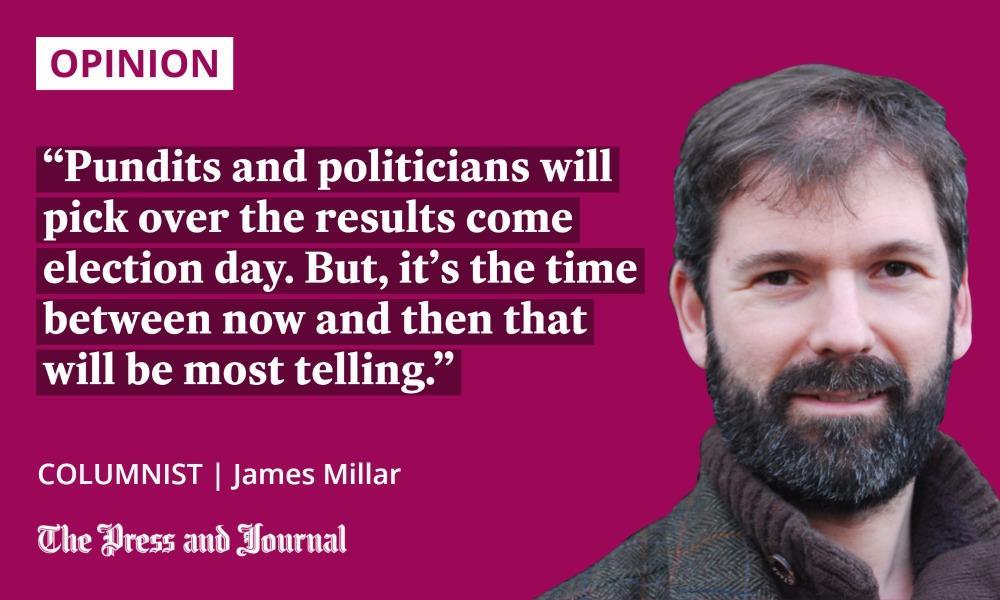
Of course, that won’t stop the greybeards interpreting next month’s votes as they see fit, mangling the results through a Westminster lens and taking tidy appearance fees from the BBC to explain why their insight, derived from reading social media in north London, trumps the knowledge of local reporters au fait with the issues in their patch.
The results on May 6 are of limited use in divining the Westminster weather. The more interesting thing about these elections is how the campaigns play out over the next fortnight, particularly what route the opposition parties choose to pursue.
For this set of elections looks like representing a confluence of the themes that have driven and riven politics in recent years. And, as so often, those themes came into sharpest relief at the two major referendums of the last decade.
The 2014 Scottish independence referendum saw one side set the terms of debate around economic arguments, and they won handsomely on those terms.
Two years later, the winning side had an economic argument that existed somewhere between fantasy and outright fibs. Yet, they won on a populist platform that emphasised identity and sovereignty.
Both approaches have some appeal right now.
Tory dilemma between money and morality
The cost of living crisis has landed. There cannot be anyone outside Rishi Sunak’s household who hasn’t noticed that everything is getting more expensive, from coffee and crisps to petrol and wine. (Giving away quite a lot about my lifestyle there.)
And, at some point during the local election campaign, almost every worker will receive a pay packet lightened by the chancellor’s tax rises.
So, the Tories might be expected to veer away from the economic path. Trouble is, the other route is rooted in the question of who we are and what sort of a country the UK is – and for all that the home secretary created a diversion via Rwanda last week, that ultimately comes back to the fact that the prime minister just got nicked by the police for breaking lockdown laws.
The polls put Keir Starmer in Number 10 after a general election. But the way ahead for Labour remains riddled with difficult decisions
Are we a country that tolerates a knock-off Richard Nixon in its highest office? Do we really want to reckon with an answer to that question?
The fact that the Conservatives are short on options leaves the other parties with plenty.
The polls put Keir Starmer in Number 10 after a general election. But the way ahead for Labour remains riddled with difficult decisions. So, the question of how Labour approach the next two weeks will be telling.
Will Labour play Reeves or Starmer up front?
They may put shadow chancellor Rachel Reeves up at every opportunity to emphasise the economic challenges. Labour is rapidly closing the gap on the government when it comes to the question of which side is perceived as more trustworthy with the nation’s finances.
Hardly surprising when Rishi Sunak apparently couldn’t convince his own wife to pay UK taxes, while former Bank of England economist Reeves pitches herself as the heir to Gordon Brown’s legacy; a sort of Jane Fonda of Threadneedle Street with a range beyond Brown’s more stolid Henry Fonda stylings. (Of course, Barbarella is good but the old boy can still turn out an On Golden Pond when he wants to and demonstrate that he’s the one that originated prudent DNA.)
Or, they could focus on that issue of character and contrast Keir Starmer’s career putting criminals behind bars with Boris Johnson’s inability to clear the very lowest bar expected of public servants – not breaking the law.
Question of Scottish independence still looms
Labour is spending a fortune on opinion polling. That will give them an inkling of what plays well with the public, and it’ll inform which way they go between now and May 6, and between now and the next general election.
Does the economic case still hold sway, or can questions of personal and national character get a look in?
And, while there are some different factors at play at the Scottish local elections – in part due to the proportional representation system in use – the current campaign will also affect how the independence arguments are played out going forward. Does the economic case still hold sway, or can questions of personal and national character get a look in?
Pundits and politicians will pick over the results come election day. But, it’s the time between now and then that will be most telling.
For an insight into where politics goes next, keep an eye on the campaign not the count.
James Millar is a political commentator, author and a former Westminster correspondent for The Sunday Post
